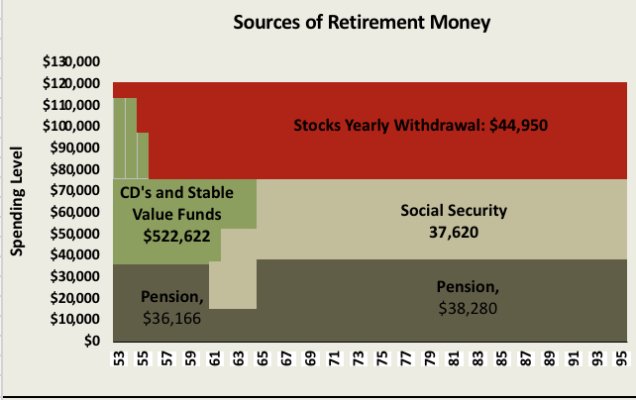This statement by thepalmersinking is absolutely correct.
A 2019 report indicates that due to over leveraging by some companies, some bond ratings should be downgraded to reflect the additional risk of over leveraging by these companies. Read the following link:
https://www.advisorperspectives.com...nds-could-be-a-repeat-of-the-sub-prime-crisis
This means an AA bond should be a A bond. This also mean the investor is being screwed because he is expecting the safety of a AA bond with low yield... but it is really getting a A bond and he is not earning the higher yield of an A bond. This also affects investors of certain bond index funds which has corporate bonds as part of their portfolio. The similarity with the mortgage ratings on 2008 scares the heck out of me.
The reason why a bond crash has not occur is because the fed is buying corporate bonds! This is propping up the bond market which in turn propping up the stock market. A house of cards ready to fall but that is my opinion. I do not feel comfortable having the fed manipulate the markets artificially because the fed can not manipulate the market permanently. There are limits on how much the fed can spend to prop up the markets.
In my case, I am mostly in treasuries such as VUSUX. If the US go bankrupt and the dollar becomes worthless, then will I be in trouble with my treasuries. However, so will everyone else.

